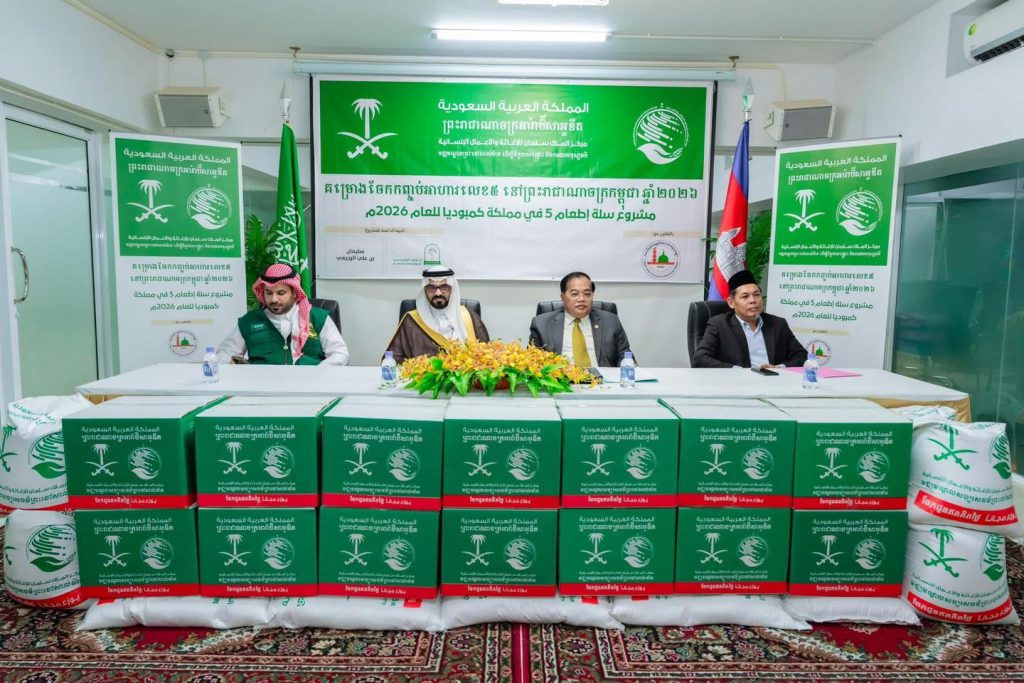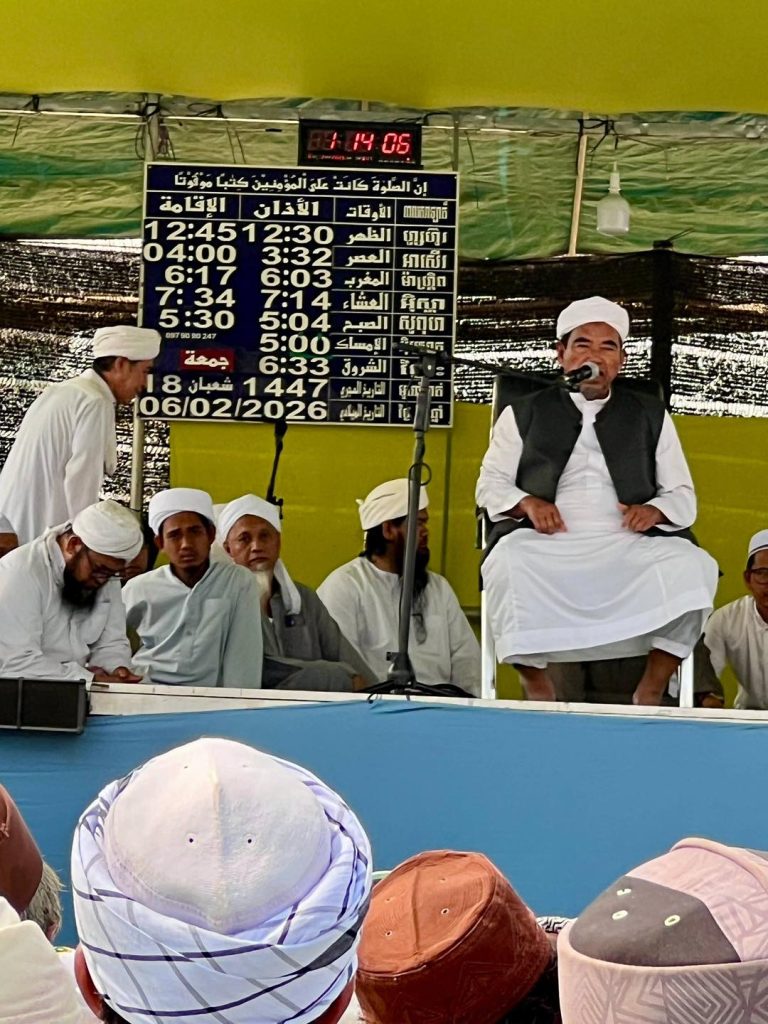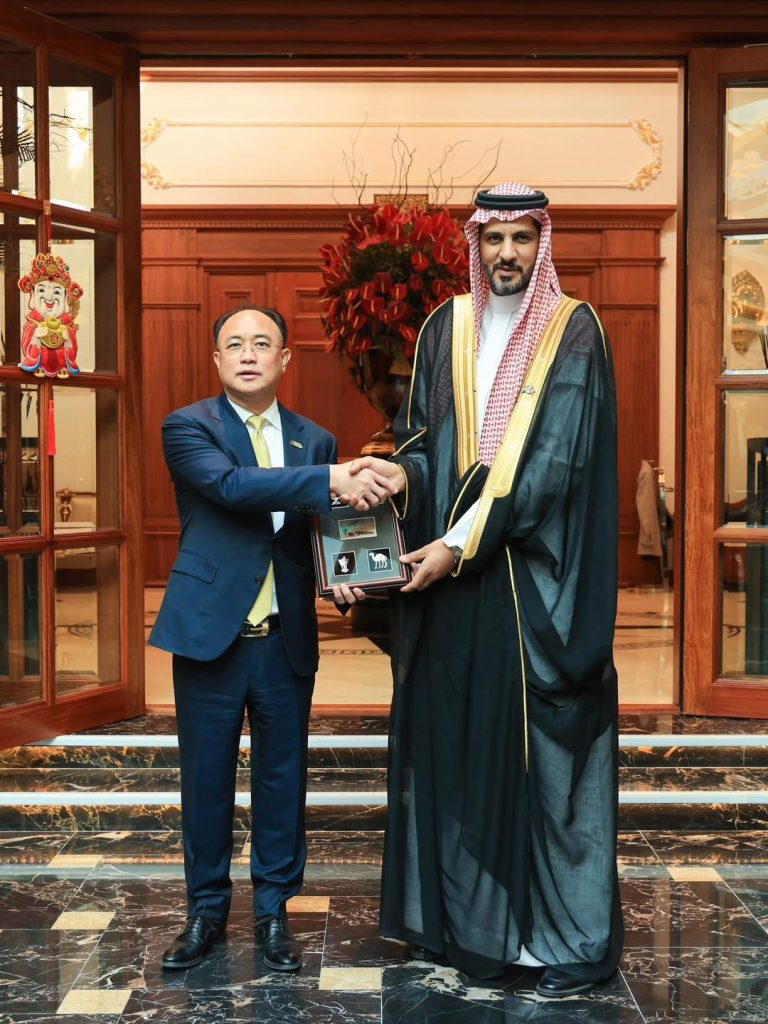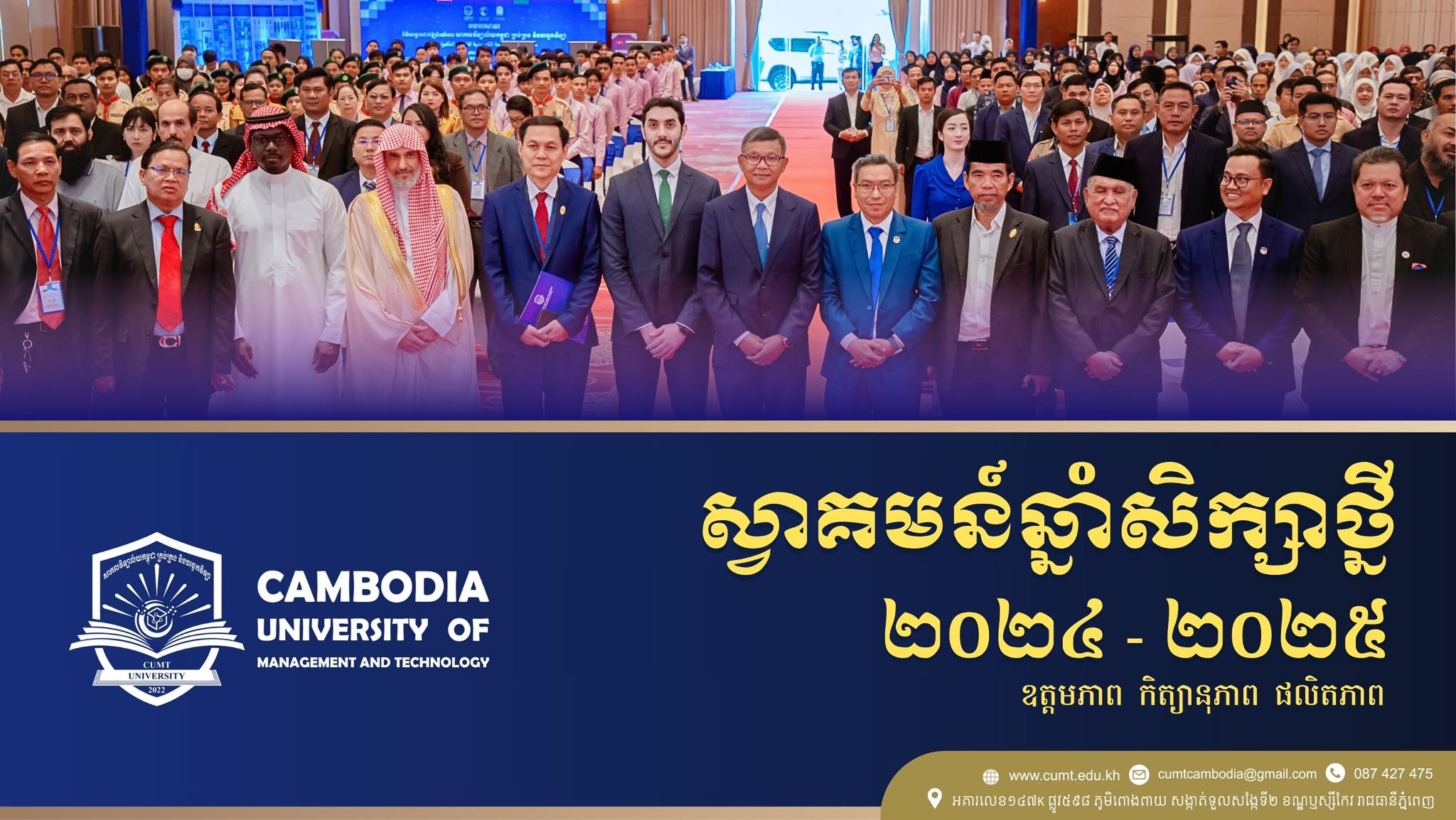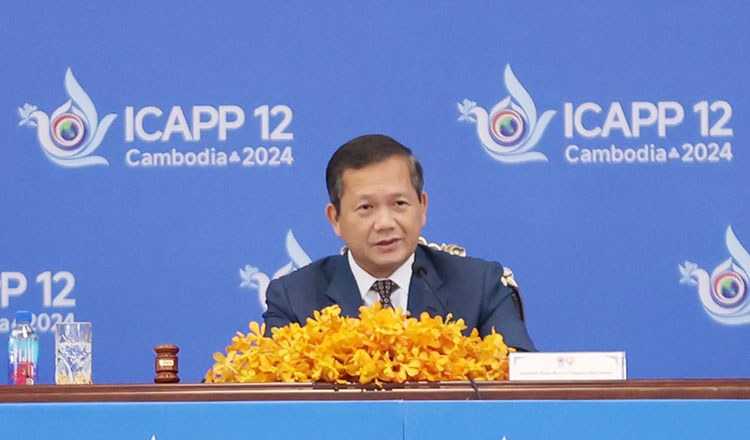
12th ICAPP General Assembly concludes with Phnom Penh Peace Declaration


The three-day 12th General Assembly of the International Conference of Asian Political Parties (ICAPP) concluded with the adoption of the “Phnom Penh Peace Declaration,” which highlighted ICAPP’s role as a multilateral forum dedicated to fostering mutual understanding and addressing global challenges.Leaders also praised the “Cambodian Model” of peace and reconciliation as a global blueprint for conflict resolution. This locally developed model, grounded in inclusivity, innovation, and independence, reflects Cambodia’s success in uniting factions to achieve enduring peace.
The ruling Cambodian People’s Party (CPP), in collaboration with the ICAPP Secretariat, hosted the 12th General Assembly and related meetings under the theme “A Quest for Peace and Reconciliation.” The event, held in Phnom Penh from Thursday to Saturday, brought together leaders and representatives from 62 political parties across 45 countries, including from Asia, Africa, Europe, Latin America, and the Caribbean.
Key discussions focused on peacebuilding insights, global political collaboration, digital connectivity, and the Universal Peace Charter (UPC), which comprises five key pillars: conflict prevention, peacebuilding processes, transitional justice, post-conflict reconstruction, and sustainable development.
The assembly also saw the adoption of a Joint Statement reaffirming the commitment of political parties to fostering peace, inclusivity, and reconciliation, with an emphasis on proactive engagement in both pre- and post-conflict environments.
ICAPP leaders reiterated their pursuit of observer status at the UN General Assembly, aiming to contribute more effectively to global peacebuilding and sustainable development efforts. The General Assembly closed with a shared commitment to expanding ICAPP’s influence through partnerships with regional organisations like ASEAN and SAARC, and global institutions such as the UN and UNESCO.

The 12th General Assembly of the ICAPP aims to enhance cooperation among political parties within the region and with global partners, fostering unified efforts to promote peace and reconciliation worldwide.
To achieve this goal, they sought to exchange insights and experiences, explore effective frameworks for collaboration at national, regional, and global levels, and work towards building peace by preventing conflict through dialogue. The General Assembly committed to upholding the core principles of international law, embracing diversity, and sharing the wisdom of various cultures to foster reconciliation.
Speaking at the closing ceremony, Prime Minister Hun Manet expressed his gratitude for the detailed reports on the outcomes of the plenary sessions, the Roundtable Discussion among Political Parties, the 3rd Meeting of the Asian Cultural Council (ACC), and the 7th Media Forum.
He remarked with satisfaction on the adoption of the “Phnom Penh Peace Declaration” and the ACC Phnom Penh Statement, both of which reflect the shared aspirations, commitments, and collaborative efforts of ICAPP members towards achieving peace and reconciliation.
He also emphasised that peace must remain the cornerstone of every society. He commended ICAPP for its outstanding work as the largest and leading organisation of Asian political parties, driving peace, promoting reconciliation, fostering coexistence, and advancing social harmony and shared prosperity for humanity.
During the opening ceremony, Mr Hun Manet highlighted that the peace established was based on the principles of the United Nations Charter since the end of World War II is now being severely tested by intense global rivalry.
He noted that we are living in a time of significant uncertainty, with major powers challenging the rules-based international order. However, world affairs and global governance should not be dominated solely by these great powers.
“Cambodia is certainly one of them. We are keen to contribute to the building of a global community bound together by peace, prosperity, and inclusive multilateralism,” he said.
During a press conference on Saturday, Suos Yara, Vice-President of the Standing Committee of ICAPP, emphasised the significant role of CPP President and current Senate President Hun Sen, describing him as “the initiator and founder of Cambodia’s peace.”
ICAPP was founded in 2000 to unite political parties across Asia, the Middle East, and Oceania, promoting dialogue and fostering regional cooperation, peace, and prosperity for all. Today, it stands as one of the largest political party networks in Asia, with over 350 members from 52 countries.
The Kingdom became a member of ICAPP in 2003 and had the honour of hosting the 6th ICAPP General Assembly in 2010, achieving significant success in organising the event.
For his part, Mr Hun Sen highlighted the link between national reconciliation and transitional justice in Cambodia’s pursuit of peace. He emphasised that sustainable peace cannot be attained without carefully considering other crucial factors, including national reconciliation, transitional justice, socio-economic integration, and international cooperation.
The 1st Plenary Session was co-chaired by Hun Many, Deputy Prime Minister and Minister of Civil Service, representing the CPP, and Sun Haiyan, Representative of the Communist Party of China (CPC), with Rajan Bhattarai, Member of the ICAPP Standing Committee, serving as the rapporteur.
The session focused on the commitments and pathways toward peace, reconciliation, harmony, justice, equity, mutual respect, and cooperation, emphasising meaningful dialogue and the rejection of violence.
The success of Cambodia, once embroiled in conflict, was highlighted as a compelling example of how win-win solutions can transform a nation into a peaceful and prosperous one.
The 2nd Plenary Session was co-chaired by Musahid Hussain Sayed, Co-Chairperson and Special Rapporteur of ICAPP, and Nalinee Taveesin, Member of the ICAPP Standing Committee.
The session, led by rapporteur Prince Norodom Chakravuth, also a Member of the ICAPP Standing Committee, addressed vital issues such as cultural insights, youth empowerment, and legal frameworks, illustrating the diversity of opinions. The discussion underscored the significance of fostering cultural understanding and empowerment as key elements in building lasting peace.
The 3rd Plenary Session was co-chaired by Andrey Klimov, Vice Chairperson of the ICAPP Standing Committee, and Theo Sambuaga, Member of the ICAPP Standing Committee.
The session emphasised ICAPP’s crucial role in bringing leaders from around the world together to discuss and act on a shared commitment to peace and reconciliation, while also addressing the interconnected challenges of climate change and social justice. It was noted that by leveraging platforms like ICAPP and tackling global challenges collaboratively, peace and reconciliation are not merely aspirational but achievable goals.
A roundtable titled “The Role of Political Parties in Building Peace and Reconciliation” was held as a sideline event of the General Assembly, bringing together representatives from political parties across Asia, Africa, Europe, Latin America, and the Caribbean. The roundtable focused on fostering peaceful dialogue, strengthening the spirit of peace diplomacy, and providing guidelines for global political collaboration to promote peace and reconciliation.
In reference to the Resolution of the 42nd Standing Committee of the ICAPP adopted during the 12th General Assembly of the ICAPP officially announced on Saturday, the decision to confer the “ICAPP Asian Century Award”, each to the prominent and outstanding leaders of the ICAPP including Mr Hun Sen, José de Venecia Jr, Founding Chairman of the ICAPP and Former Chairperson of the ICAPP Standing Committee, Mr Hun Manet, Chung Eui-yong and Mushahid Hussain Sayed.
The 12th General Assembly of ICAPP decided that the 13th General Assembly of ICAPP will be held in South Korea next year. The 12th General Assembly also expressed gratitude to the CPP and ICAPP Secretariat for this successful organisation of the historical event.
In addition, 80 delegates from the 12th General Assembly of ICAPP visited the Resource Centre of the Extraordinary Chambers in the Courts of Cambodia (ECCC) to gain insights into the accountability process, the residual functions of the court, and its role in Cambodia’s reconciliation efforts.
On behalf of Tony Kranh, Acting Director of Administration, Thaung Socheat, Senior Management Officer, welcomed the international delegations and gave a brief presentation on the ECCC’s past and ongoing work.
The visit included a guided tour of the Resource Centre, a crucial hub for preserving trial archives, providing public information, and supporting research on ECCC documents. Delegates learned about access to over 2.4 million pages of digital documents in the ECCC Online Archive. They also explored the ECCC mobile bus, a powerful tool for disseminating information to younger generations across the country.
The delegations expressed profound appreciation for the ECCC’s role in promoting justice and reconciliation in Cambodia. They reaffirmed their commitment to supporting ongoing transitional justice efforts in Asia and ensuring that the atrocities of the past are never forgotten.
Another development saw Khin Yi, President of Myanmar’s Union Solidarity and Development Party (USDP), requesting the assistance of the Cambodian People’s Party (CPP) in observing Myanmar’s upcoming elections, scheduled for November 2025.
During the courtesy call meeting, Mr Hun Sen affirmed the CPP’s willingness to formalise a cooperation agreement at a suitable time in the future. He also expressed readiness to dispatch a delegation to observe the elections in Myanmar.


